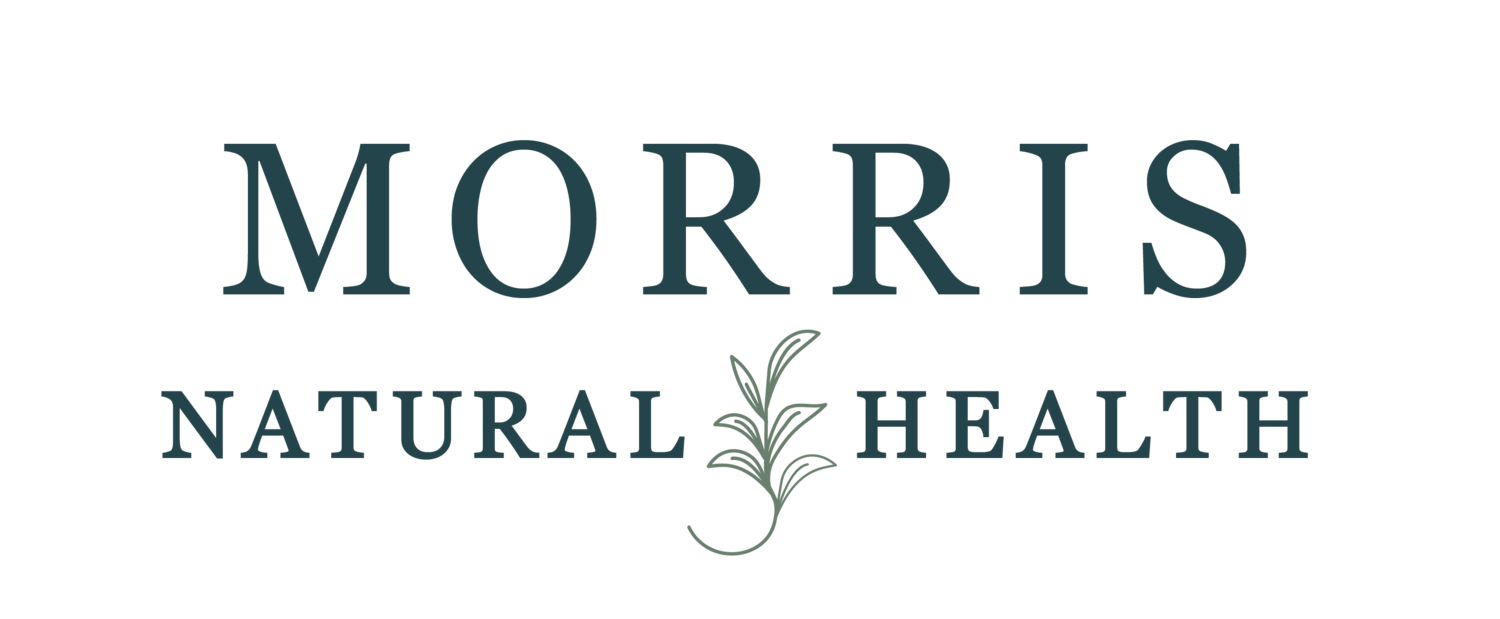Your microbiome is bacteria that live in your gut, vagina, airways and on your skin. It’s “essential for human development, immunity, and nutrition” making it pretty important to your overall health. The microbiome consists of microbes (microscopic organisms) that live in a symbiotic relationship with you - aka: you help each other.
Keeping good bacteria alive, plentiful, and healthy helps to protect us from pathogens (bad bacteria) that promote disease. We don’t entirely eliminate the bad bacteria, but it’s important to have enough good to keep them in check. This keeps the many different species of bacteria working in harmony, after-all there are over 500 different species.
Did you know?
A human is 10^13 in total number of cells.
Bacteria are about 1/10th the size of human cells.
The stomach houses 10^3 number of bacteria.
1 gram of stool contains 10^11 number bacteria.
When your microbiome decreases or doesn’t live in the most ideal environment, the pathogenic bacteria can take over. Disrupting the peace within your body and causing unwanted symptoms and conditions such as SIBO (small intestinal bacteria overgrowth), candida or other fungal infections, gas and bloating, and believe it or not, anxiety and depression. Living in a world obsessed with hand sanitizer, disinfecting wipes/sprays, and excessive use of chemical cleaning products, we’re constantly killing both the good and bad bacteria. These chemical cleaners don’t discriminate.
To avoid this we need to keep our microbiome up. Obviously ditching these harmful products which take out the good guys is key. But we also need to boost our microbiome at the same time. Here are a few easy ways to get your microbiome up and protect yourself from harmful pathogens.
How do I boost my microbiome?
1. Play in the dirt - sans gloves! Dirt has many good bacteria that re-inoculate us. Ignore what your mama said and get some dirt under those nails.
2. Snuggle up with your pets. The mental and physical benefits of dogs, cats, chickens, and other farm animals are practically countless.
3. Eat fermented foods. Making your own sauerkraut is simple and inexpensive. Check out Mason Tops (https://www.masontops.com/) for at-home fermentation kits and accessories. I recommend starting with 2 tbsp per meal and slowly work your way up to 1/4 per meal.
4. Stop using hand sanitizers and anti-bacterial soaps and products. These chemicals don't discriminate. They wipe out both the good and the bad guys. There are tons of safe, natural cleaning products, and just plain old soap and water works just fine to wash your hands. The FDA even states that there is no advantage to using antibacterial soaps over simple soap and water.
5. Breastfeed your babies. Babies are exposed to bacteria from the moment they enter this world (from either the vagina or the operating room), and that exposure continues while being breastfed.
Resources:
https://depts.washington.edu/ceeh/downloads/FF_Microbiome.pdf
https://www.hsph.harvard.edu/nutritionsource/microbiome/

